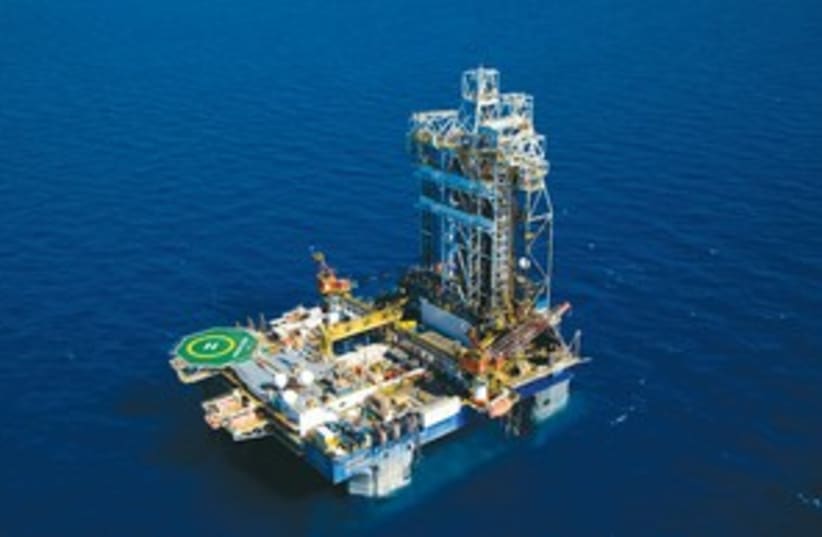Bloomberg contributed to this report.
Massive offshore reserve holds $45b. in natural gas
Noble Energy: Israel has potential to be gas-exporting nation; Landau: Greatest earnings to be felt by citizens of Israel; GDP increases 4.5%.

Bloomberg contributed to this report.